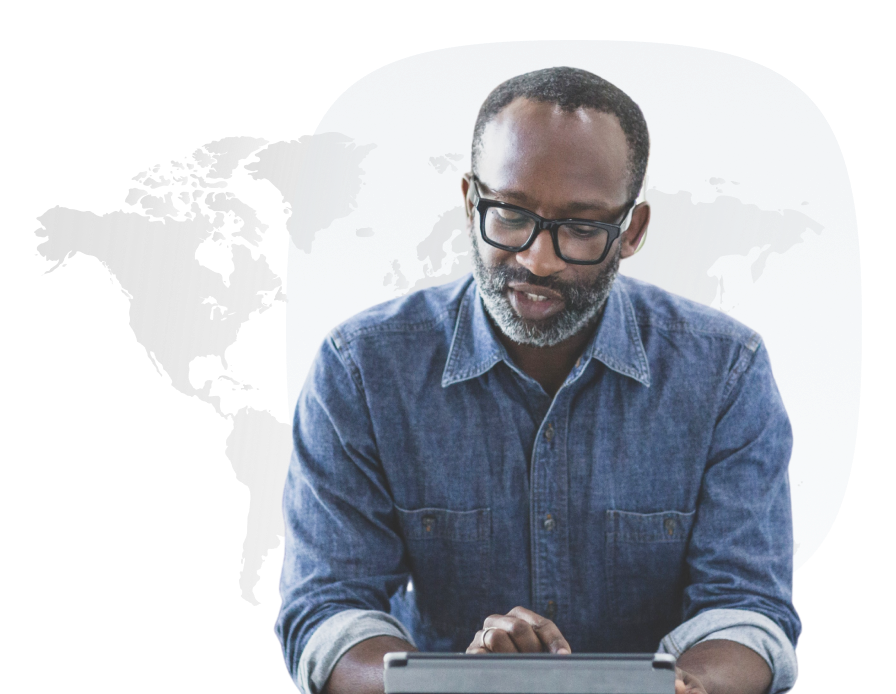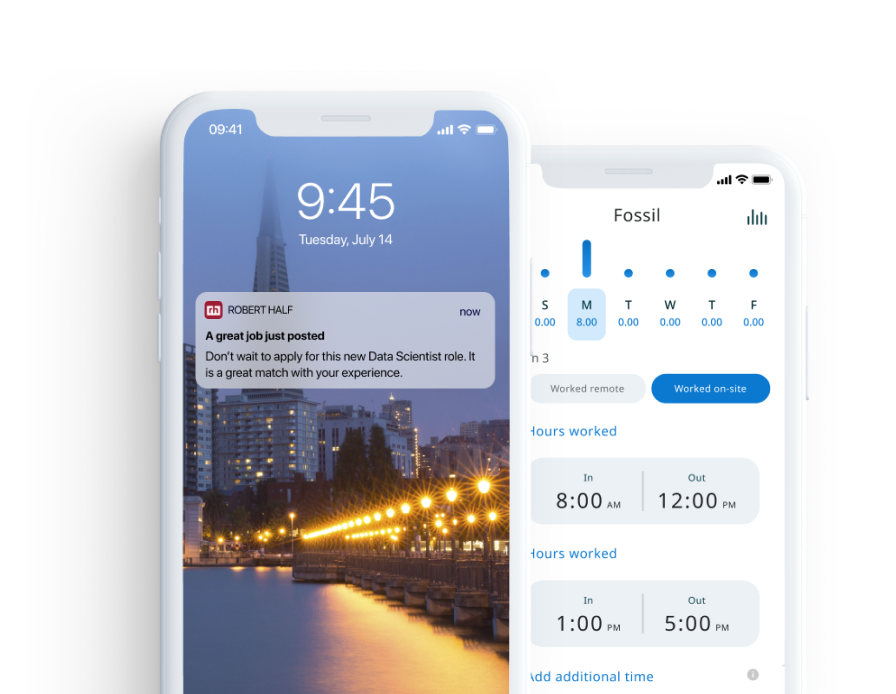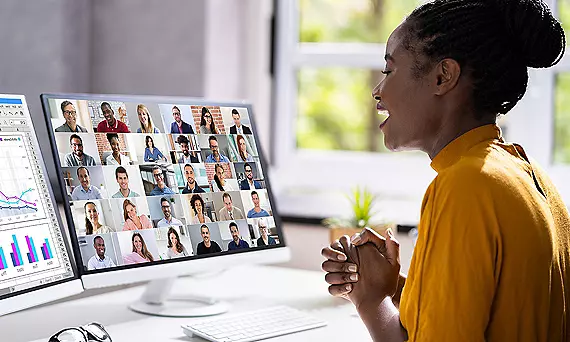Inclusion
Learn how companies and employees can build an inclusive corporate culture that makes a difference inside and outside the workplace.
Is Inclusion at the heart of your hiring strategy?
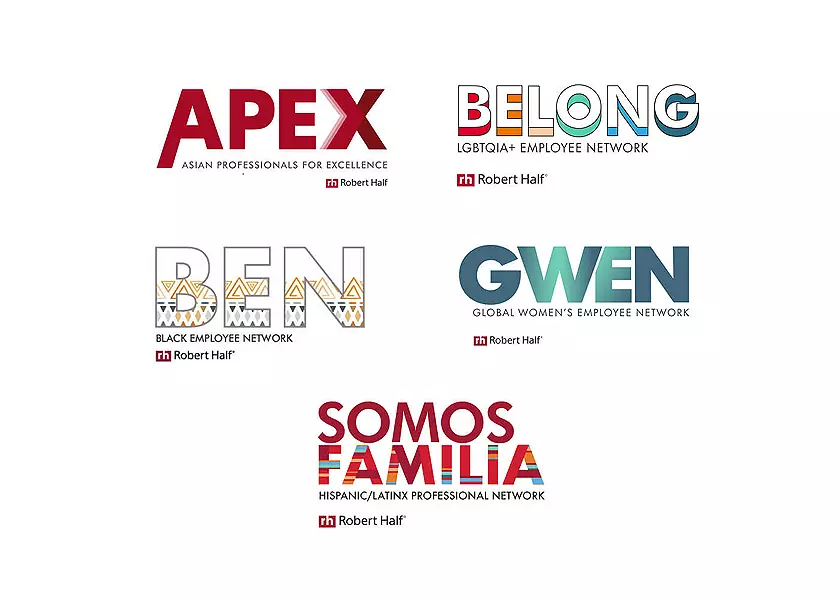 Learn why potential employees are no longer saying “It’s just a job.”
Explore the three true pillars of Inclusion and why hiring strategies can’t thrive without them.
Read the blog
Learn why potential employees are no longer saying “It’s just a job.”
Explore the three true pillars of Inclusion and why hiring strategies can’t thrive without them.
Read the blog
Supplier Inclusion
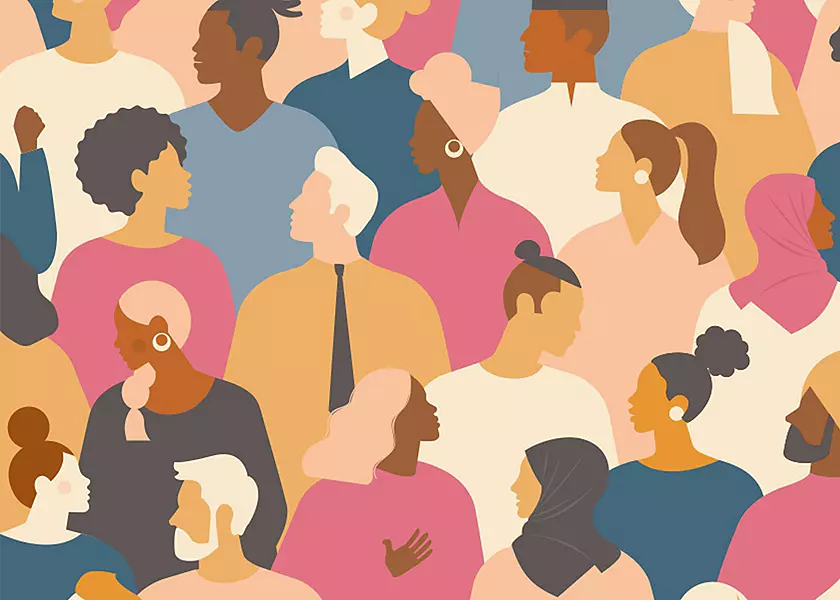 Supplier inclusion at Robert Half is a corporatewide initiative.
It promotes the growth and development of small and/or diverse, women, veteran, service-disabled veteran, LGBTQ+ owned businesses, and business owners with apparent and nonapparent disabilities.
Read more
Supplier inclusion at Robert Half is a corporatewide initiative.
It promotes the growth and development of small and/or diverse, women, veteran, service-disabled veteran, LGBTQ+ owned businesses, and business owners with apparent and nonapparent disabilities.
Read more
Alliances
 Robert Half has forged alliances with a range of organizations that support the needs and interests of diverse groups.
Through collaboration we can enhance workforce and community development, including providing networking, recruiting, community engagement and professional development opportunities to our employees.
Robert Half has forged alliances with a range of organizations that support the needs and interests of diverse groups.
Through collaboration we can enhance workforce and community development, including providing networking, recruiting, community engagement and professional development opportunities to our employees.
Dive deeper
Demand for Skilled Talent
Get insight into 2025 employment and job market outlook and learn which professionals are hardest to hire in our report, the Demand for Skilled Talent
 2026 Salary Guide
Access Robert Half’s 2026 Salary Guide & Survey, including data on salary ranges and benchmarks, perks and benefits, and total compensation.
2026 Salary Guide
Access Robert Half’s 2026 Salary Guide & Survey, including data on salary ranges and benchmarks, perks and benefits, and total compensation.
 Career development
Hiring help
November 2025 Jobs Report: Employers Add 64,000 Jobs
The U.S. added 64,000 jobs, and the unemployment rate increased to 4.6%. Read more about the November 2025 jobs report.
Career development
Hiring help
November 2025 Jobs Report: Employers Add 64,000 Jobs
The U.S. added 64,000 jobs, and the unemployment rate increased to 4.6%. Read more about the November 2025 jobs report.
 The Accountant Shortage Will Persist in 2026: Here’s How to Compete for Skilled Talent
Read how to navigate the 2026 accountant shortage with strategies that help you hire faster, appeal to top candidates and retain key talent with insights from Robert Half’s Steve Saah.
The Accountant Shortage Will Persist in 2026: Here’s How to Compete for Skilled Talent
Read how to navigate the 2026 accountant shortage with strategies that help you hire faster, appeal to top candidates and retain key talent with insights from Robert Half’s Steve Saah.
 5 Predictions for Workplace Trends in 2026
With the new year fast approaching, here’s a look at trends from 2025 and expectations for 2026. Check out this post to get the details.
5 Predictions for Workplace Trends in 2026
With the new year fast approaching, here’s a look at trends from 2025 and expectations for 2026. Check out this post to get the details.
 September 2025 Jobs Report: Employers Add 119,000 Jobs
The U.S. added 119,000 jobs, and the unemployment rate increased to 4.4%. Read more about the September 2025 jobs report, released on November 20, 2025, after a nearly 7-week delay due to the federal government shutdown.
September 2025 Jobs Report: Employers Add 119,000 Jobs
The U.S. added 119,000 jobs, and the unemployment rate increased to 4.4%. Read more about the September 2025 jobs report, released on November 20, 2025, after a nearly 7-week delay due to the federal government shutdown.
 Remote Work Statistics and Trends for 2025
Where can job seekers find flexible work options in 2025? Research for Robert Half’s Demand for Skilled Talent report offers insight. Learn more in this post, featuring newly updated data.
Remote Work Statistics and Trends for 2025
Where can job seekers find flexible work options in 2025? Research for Robert Half’s Demand for Skilled Talent report offers insight. Learn more in this post, featuring newly updated data.
 Enterprise Compensation Trends: Insights From Robert Half’s 2026 Salary Guide
See what’s shaping enterprise compensation trends in 2026, from salary growth to perks and retention strategies. Insights from Robert Half’s Salary Guide.
Enterprise Compensation Trends: Insights From Robert Half’s 2026 Salary Guide
See what’s shaping enterprise compensation trends in 2026, from salary growth to perks and retention strategies. Insights from Robert Half’s Salary Guide.


